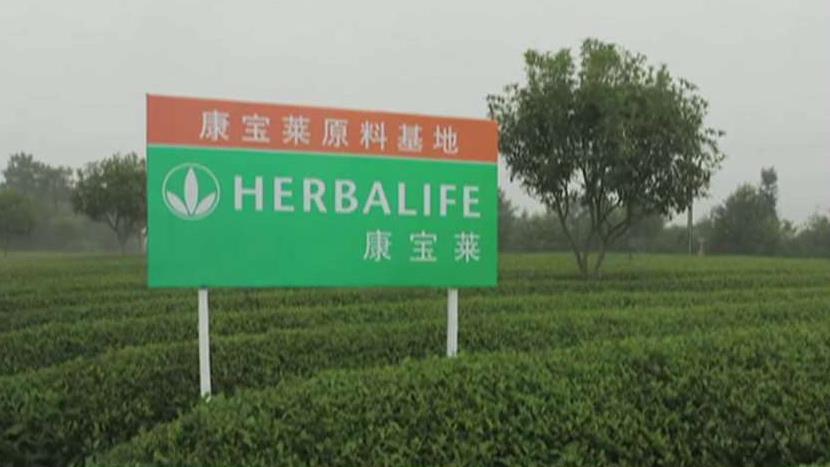SEC fines Herbalife $20M for misleading investors
Herbalife Nutrition agreed to pay $20 million to settle claims by the Securities and Exchange Commission that it misled investors about its business model in China.
The company, in quarterly and annual SEC filings from 2012 to 2018, told investors that “while direct selling is permitted in China, multi-level marketing is not.” Because of that, the company’s business model in China differed from the type used in other countries, according to the SEC.
The agency said Herbalife’s representations were untrue because its compensation model in China was very similar to the one used in the other countries.
“Herbalife purported to pay its service providers based on hours worked,” the agency said. “However, to calculate service providers’ eligible compensation, Herbalife first calculated individual compensation using its worldwide system, which is based on downline purchases.”
After immaterial adjustments, Herbalife "ultimately paid the service providers compensation in amounts almost the same as the amounts calculated using the worldwide system. Service providers did not themselves list their hours or describe the services they purportedly performed on a form they attached to their invoices.”
Instead, the service provider forms were pre-printed by Herbalife’s business in China with the number of hours for various, specific services on the forms sent to the provider for signature.
The agency found that Herbalife’s public statements about service provider compensation were “false and misleading” and thus did not provide investors with the information they needed to determine the risk associated with putting their money into the company’s stock.
“Herbalife deprived investors of valuable information necessary to evaluate risk and make informed investment decisions,” said Marc P. Berger, director of the SEC’s New York Regional Office. “When making disclosures to investors, issuers must ensure that those disclosures are accurate.”




















